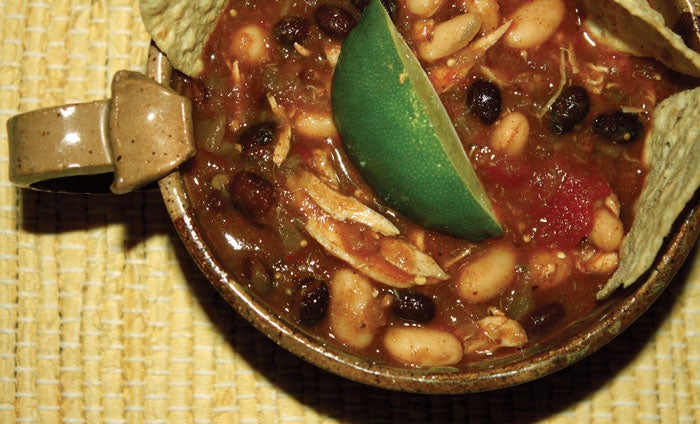When it comes to agriculture, the fun never stops
Published 12:00 am Friday, November 2, 2018

- Salisbury Post file photo You can enter the chili cookoff at the Salisbury Farmers' Market on Nov. 17.
By Michael O. Fine
Rowan Cooperative Extension
One of the most common questions farmers receive from the public goes something like this: “What do you do all winter?”
The question is usually posed with good intent by folks who generally want to become more aware of the agricultural world around them, but sometimes is can become disheartening for growers to answer time and time again. This is due to the fact that, as Americans, we live in a culture that values and rewards hard work and no one likes to be perceived as lazy or stagnant, even if they know they deserve a period of rest and relaxation.
Every vegetable farmer who contributes to a local farmer’s market shares the same annual frustration. Like clockwork, towards the end of August, they are presented with the old familiar question/statement: “So, I guess you’re pretty much done for the year, ehh?”
As a grower, I learned to take advantage of an educational opportunity to inform my clientele that our farm was on the cusp of a brand new season with new seed being planted in fresh tilled soil (it felt like spring to us). My response would simply be “no ma’am/sir, we are simply transitioning from summer fruits to new crops in the fall. This month, we have planted beets, collards, kale, cabbage, Brussels sprouts, broccoli, cauliflower, onions, turnips, lettuce, peas…etc.”
After explaining the list to the customer, I would realize that my fall plantings were more extensive and diverse than our summer plantings. While I am blessed to live in a state like North Carolina where there are three diverse growing seasons, I am always a little dismayed that many folks do not savor the fall and early winter for its vegetable abundance.
Not too long ago, I had the privilege of working with seasoned growers in southern Maryland and eastern North Carolina who recollected a time in which the weeks leading up to the “Big Thanksgiving Market” were some of their busiest and most profitable weeks of the year. This kind of prolonged market season is especially beneficial to our small, direct-to-consumer farms here in Rowan County.
Supporting our small growers throughout the spring, summer and fall allows them to better diversify their crops (more sustainable growing systems), spread out the labor requirements (a more favorable working atmosphere for our small, family farms), and become more resilient to crop losses due to weather (not all income was reliant on one crop). All in all, the three-season market model is just one way our Rowan County community can add to a more resilient and vibrant local food system for the future.
Luckily, Salisbury has one of the few farmer’s markets in the state that has decided to function throughout the fall and early winter for those die-hard customers to enjoy produce such as apples, winter squash, insanely nutritious greens, fresh baked goods and locally-crafted, artisan goods.
In fact, the much anticipated, annual Salisbury-Rowan County Farmer’s Market Chili Cook-Off is happening on Saturday, Nov. 17. This is an excellent opportunity to support our local market vendors and showcase your own culinary skills.
Even better, the general public gets to sample all the chili entrees and vote. We hope many of you come out to enjoy some friendly competition and encourage local growers and artisans to continue offering their goods well into the fall for seasons to come.






